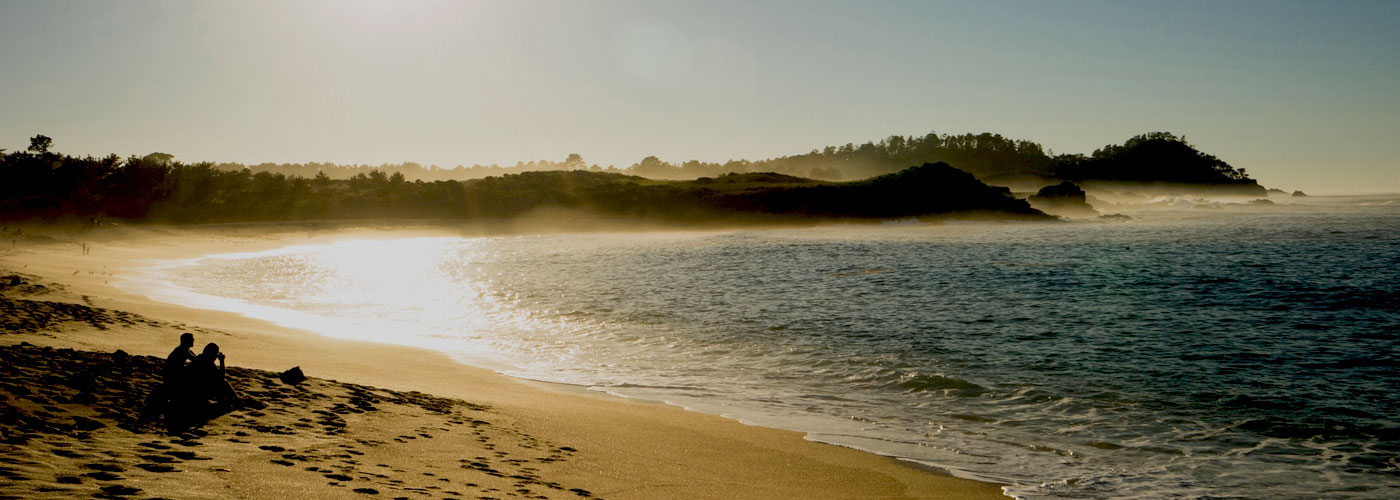On the post-industrial global stage, ecotourism stands to play an important role in building sustainable economies while conserving wilderness. According to a report by the Center for Responsible Travel at Stanford University, international ecotourism in emerging markets has grown at an average rate of six to eight percent in the past decade. La Mano del Mono, an ecotourism company based in Chiapias, Mexico, not only opens the eyes, but changes behaviors—and directly offsets pressures on natural and cultural resources.
The environment is an issue that belongs to millions of people Tweet This Quote
There is a saying among those who study the natural world: the wilderness holds answers to more questions than we have yet learned to ask. La Mano del Mono approaches this sentiment of enchantment by designing and operating trip experiences between the indigenous communities in the Natural Protected Areas (NPAs) of Mexico and companies, universities, tourists and governments. Mauricio Miramontes, founder and CEO, forged his company on this philosophy.
“The environment is an issue that belongs to millions of people,” explains Miramontes. “To achieve the local and global changes, it is not enough to have individual solutions. Individualism is not useful any more for today’s and tomorrow’s world. These challenges are huge and the solutions are only possible if we do it together. Success is always because of helping one another, no one can do it alone.”
To achieve the local and global changes, it is not enough to have individual solutions. Tweet This Quote
The highly trained trip guides and indigenous people offer insights to participants that transform an understanding of how to live with respect to natural resource conservation—connecting the dots between nature, sustainability and urbanization. Eco-tourism continues to grow as a solution to co-creating livelihoods for those living within the Natural Protected Areas, which account for 13 percent of Mexico. The UN General Assembly adopted a resolution stressing ecotourism’s role as “a positive impact on income generation, job creation and education and thus on the fight against poverty and hunger.”
Success is always because of helping one another, no one can do it alone. Tweet This Quote
La Mano del Mono returns 40 to 50 percent of their profits to the local communities. Profits are earned by offering products beyond the tour—team building exercises for companies, specific environmental education for students, training for emerging ecotourist companies and consulting with governments. Over the past four years, more than 1500 people completed a program, 64 ecotourism companies underwent immersive training and at least 19 governmental agencies have consulted in regards to sustainability policies. For example, a government official may take a tour to understand the importance of water routes before deciding if a highway should be approved for a certain area.
One key goal permeates each trip regardless of the type of group: facilitating a deeper understanding of modes of living different from your own and creating an accountability structure for lasting actions that benefit the planet. A more sustainable relationship between the environment and tourist activities is possible when awareness is translated into appropriate policy and tactful practicum.
We don’t want to increase awareness, we want to facilitate actions. Tweet This Quote
“We don’t want to increase awareness,” emphasizes Miramontes, “We want to facilitate actions. Awareness is a great first step, but it’s not enough. Once you get to know a group living in such a different lifestyle, you have to ask yourself, what do you want to do differently?” Miramontes refers to this as post-experience impact tracking and says it’s one of the important steps in looking ahead.
“One of the changes we want to see is to be able to continue to follow up with participants to see how their lifestyles change. We need to systemize it. To know their commitment to changing their relationship to water, to children, to nature remains.”
Awareness is a great first step, but it’s not enough. Tweet This Quote
La Mano del La Mono inspires travelers towards committed actions as simple as agreeing not to buy new clothes when returning to the city, or lessening the amount of time showering. Corporate groups seeking team building exercises often feel a connection that causes them to reevaluate their business practices. A hotel owner decided to source only local for food and basic supplies after exposure to the land based cultures.
“One time the leaders didn’t want us to take pictures, but we needed the pictures to promote our tours,” explains Miramontes on initiating relationships with locals. “It took two months of cooking, fishing and building trust together.” The relationship building aspect and post impact experience design is partly why the UNESCO World Heritage Centre in Germany awarded La Mano del Mono as a reference model for sustainable education.
“Yes, we need funding, but we also need people,” says Miramontes in regards to what will help them meet their goal of expanding into 3 more Mexican States. “The product is not only the tour, it’s the facilitation process—for people to learn from what they experience. It’s difficult to find and train people with the skills necessary to educate.” So far, they find their talented guides by word of mouth. New marketing strategy to grow their employee base of guides is another goal for 2015.
The way the indigenous people see their interactions with nature is different, deeper and really great. Tweet This Quote
This all began as a hobby when Miramontes returned to the mountains of his youth with classmates from his urban college community. “When I brought students from my college home I realized the local people were happy to guide them and the people from the cities had the opportunity to enjoy these natural places. It was a hobby that turned into a lifetime dedication.”
For the community of Lacanja Chansayab, their way of knowing environmental education works is that the Howler Monkeys returned after fleeing from threats like hunting. La Mano del Mono, meaning the Monkey’s Hand, is the believe that uniting the hands of local people to reach global changes will leave a better world.
“The basis of how I was projecting my life and goals was destroyed,” reflects Miramontes on his initial time in the Natural Protected Area of Chiapas. “The way the indigenous people see their interactions with nature is different, deeper and really great. They’ll throw out a sentence full of wisdom and it’s a wow moment. I never stop learning.”



